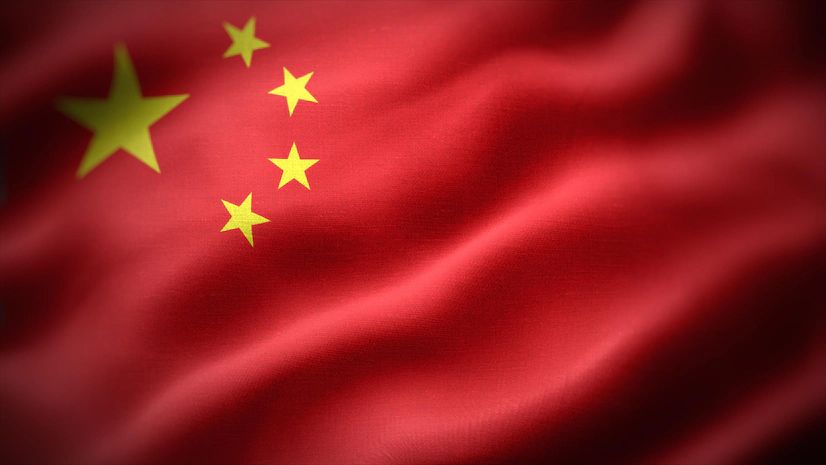China has pledged USD 3.7 billion to build a state-of-the-art oil refinery in Sri Lanka, marking the largest foreign direct investment in the island nation’s history. The agreement, signed during Sri Lankan President Anura Kumara Dissanayake’s state visit to Beijing, is seen as a major milestone in the two countries’ relationship. This landmark investment coincides with the signing of 15 bilateral agreements aimed at enhancing cooperation under China’s Belt and Road Initiative (BRI).
The refinery, to be constructed in Hambantota, will have a daily processing capacity of 200,000 barrels. It will be located near the strategic Hambantota port, which is already under a 99-year lease to China as part of a previous debt-swap arrangement. Hambantota is also home to a Chinese-operated economic zone, making it a critical hub for Sino-Sri Lankan economic collaboration.
President Dissanayake, who previously criticized the Hambantota port lease while in opposition, actively sought additional Chinese investments during his meetings with Premier Li Qiang and other top Chinese officials. In his address to Chinese firms, he emphasized Sri Lanka’s need for further foreign investment to drive economic recovery.
The deal also highlights regional tensions. Hambantota’s expansion has raised concerns in India, particularly regarding the recurring presence of Chinese research vessels, often viewed as spy ships. While Sri Lanka lifted a one-year ban on foreign research ships visiting its ports, no clarity has been provided on whether such ships will be allowed to dock in the future. During his recent visit to New Delhi, Dissanayake assured India that Sri Lanka’s territory would not be used against Indian interests, signaling Colombo’s efforts to balance its relationships with both nations.
Dissanayake’s visit also saw China and Sri Lanka agree to enhance their BRI cooperation, focusing on sustainable and resilient development projects. While BRI investments have been criticized for contributing to Sri Lanka’s 2022 debt crisis, China remains a crucial partner in the country’s economic recovery. This partnership comes as Sri Lanka stabilizes its economy with international assistance, including a USD 4 billion aid package from India and an IMF bailout.
The joint statement issued at the conclusion of the visit reaffirmed mutual commitments, including Sri Lanka’s support for China on issues concerning Tibet and Xinjiang, as well as its opposition to Taiwan independence. Both nations expressed a shared desire to strengthen maritime cooperation and economic ties.
China’s historic investment and the deepening of bilateral relations underscore Sri Lanka’s strategic importance in the region. While the economic benefits are clear, Colombo continues to navigate the complexities of regional diplomacy as it seeks to balance its partnerships with major powers.




